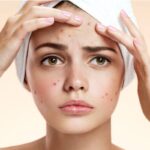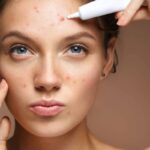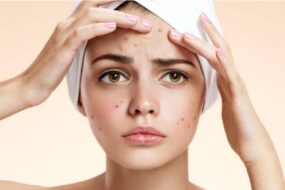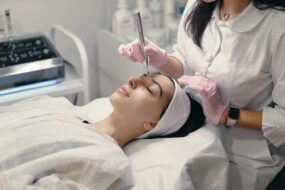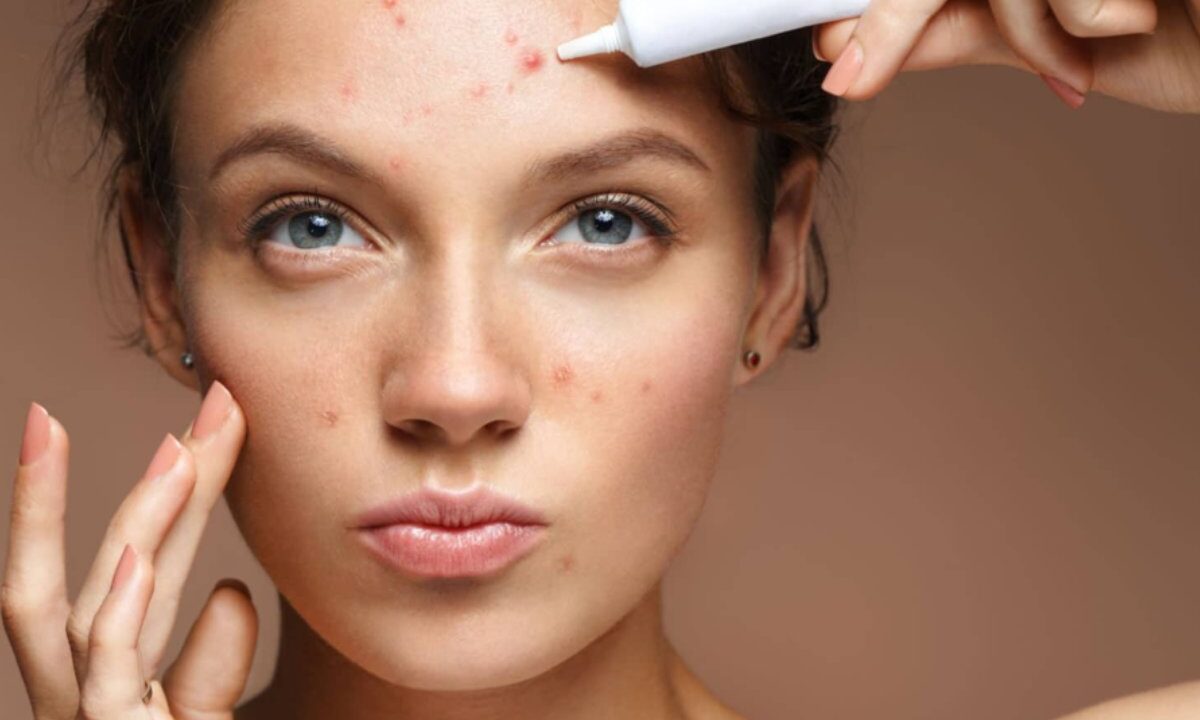
Acne is more than just a skin issue—it’s a confidence crusher for millions worldwide. Those unwelcome blemishes, blackheads, or painful cysts can make even the simplest tasks, like meeting people or taking a photo, feel daunting. But here’s the good news: you don’t have to live with it forever.
Choosing the right acne removal cream can be a game-changer. With the right product, tailored to your skin’s unique needs, you can start clearing up your skin and reclaiming your self-esteem. Not all creams are created equal, though, and understanding what works best for your skin is the first step toward smoother, clearer days ahead.
This journey to healthy skin starts with one essential truth: acne treatment is not just about fighting breakouts—it’s about embracing a skincare routine that nurtures and protects your skin in the long run. Let’s explore how to make the best choices and build a solution that truly works for you.
What Causes Acne?
Acne doesn’t just show up out of nowhere—it’s often triggered by a mix of internal and external factors. Hormonal changes, especially during puberty, menstruation, or stress, can send oil glands into overdrive,
clogging pores and causing breakouts. Diet also plays a role; foods high in sugar and dairy may contribute to inflammation and acne formation. Environmental factors like pollution, humidity, and even using the wrong skincare products can aggravate the skin further.
Understanding the types of acne is crucial for tackling it effectively. Blackheads are open clogged pores that darken due to oxidation, while whiteheads are closed pores filled with oil and dead skin cells. Cystic acne, the most severe form, involves deep, inflamed pimples that are often painful and leave scars if untreated.
This is where acne removal creams come to the rescue. They target the root causes of acne, such as clogged pores, bacteria, and inflammation. Ingredients like salicylic acid exfoliate the skin, clearing out trapped debris, while benzoyl peroxide eliminates acne-causing bacteria. For deeper issues like cystic acne, creams with retinol can speed up cell turnover, reducing inflammation and preventing future breakouts.
By addressing these triggers, the right acne removal cream can become your ultimate weapon for clearer, healthier skin. Remember, consistency and choosing a product that suits your skin type are key to achieving long-lasting results.
Key Ingredients to Look for in an Acne Removal Cream
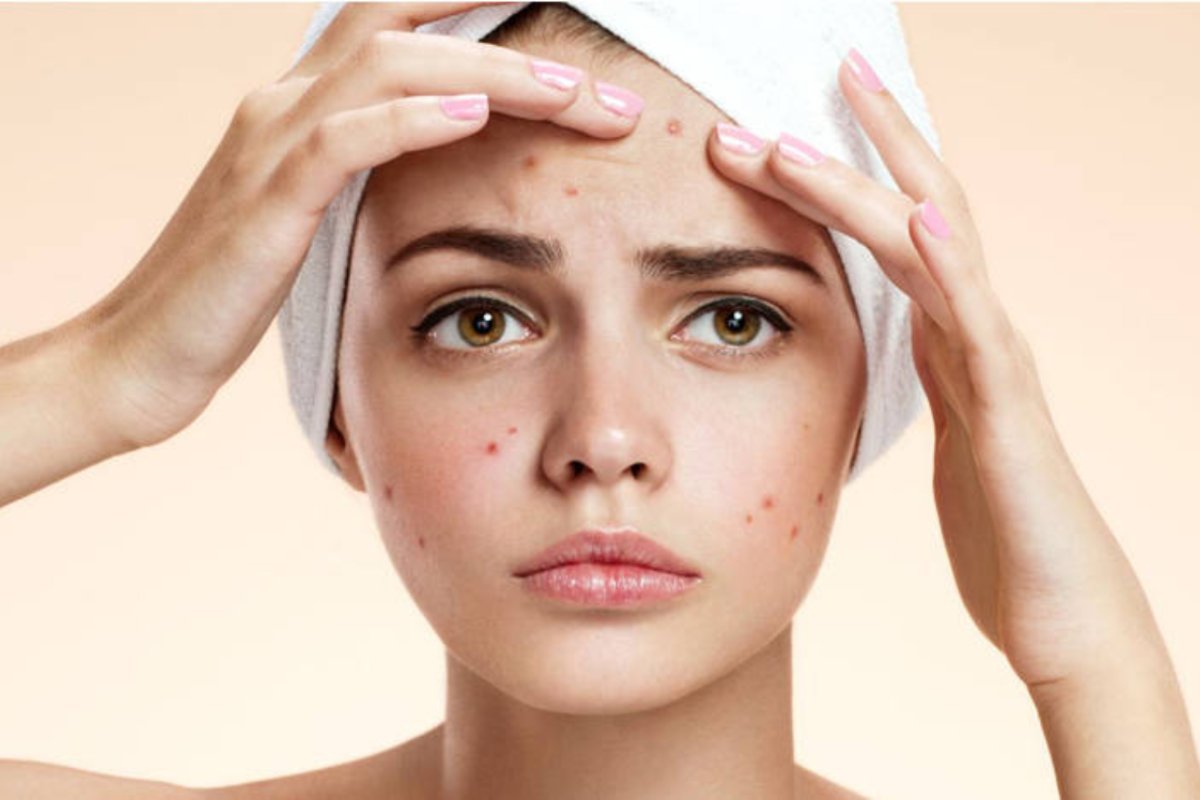
Choosing the right acne removal cream starts with understanding the ingredients that make it effective. Here are the must-have components to look for:
1. Salicylic Acid
This powerhouse ingredient is a go-to for unclogging pores and removing dead skin cells. It works deep within the skin to dissolve excess oil and exfoliate gently, making it ideal for blackheads and whiteheads.
2. Benzoyl Peroxide
Known for its bacteria-fighting properties, benzoyl peroxide tackles the root cause of acne: acne-causing bacteria. It also helps reduce inflammation, making it highly effective for active breakouts and preventing new pimples from forming.
3. Retinol
A derivative of Vitamin A, retinol is excellent for reducing inflammation, promoting cell turnover, and fading acne scars over time. It works on a deeper level, helping to smooth skin texture while preventing clogged pores.
4. Tea Tree Oil
A natural alternative, tea tree oil offers antibacterial and anti-inflammatory properties, making it gentle yet effective for acne-prone skin. Its soothing nature is perfect for those looking for chemical-free solutions.
Natural vs. Chemical-Based Creams
While chemical-based creams like those containing salicylic acid and benzoyl peroxide deliver quick and targeted results, natural options like tea tree oil are better suited for sensitive skin. The choice ultimately depends on your skin’s tolerance and specific needs.
By understanding these ingredients, you can pick an acne removal cream that works effectively to combat breakouts while nourishing your skin for a healthier, blemish-free glow.
How to Choose the Best Acne Removal Cream for Your Skin Type
Finding the right acne removal cream starts with understanding your skin type. Each skin type has unique needs, and using a product tailored to those needs can make all the difference.
1. Identifying Your Skin Type
- Oily Skin: Tends to produce excess sebum, leading to shiny, acne-prone areas. Look for lightweight, non-comedogenic creams with ingredients like salicylic acid or benzoyl peroxide to control oil and unclog pores.
- Dry Skin: Acne treatments can dry out the skin further, so opt for creams with hydrating ingredients like hyaluronic acid or ceramides combined with gentle acne-fighting components.
- Combination Skin: Balances oily areas (usually the T-zone) with drier patches. Choose a cream that balances oil control and hydration.
- Sensitive Skin: Prone to redness and irritation. Seek creams with soothing, natural ingredients like tea tree oil or aloe vera, avoiding harsh chemicals like high concentrations of benzoyl peroxide.
2. Tips for Selecting Creams Based on Acne Severity
- For mild acne (blackheads and whiteheads), salicylic acid-based creams work well.
- For moderate acne (inflamed pimples), benzoyl peroxide or retinol can help.
- For severe acne (cystic acne), consult a dermatologist and consider prescription-strength creams.
3. Avoiding Irritating Ingredients
Sensitive skin types should steer clear of alcohol, artificial fragrances, and high-concentration acids, which can exacerbate dryness and redness.
By understanding your skin’s needs and the severity of your acne, you can choose an acne removal cream that provides effective, long-lasting results without compromising skin health.
Top 5 Acne Removal Creams to Try in 2024
With countless acne removal creams available, finding the right one can be overwhelming. Here’s a curated list of the top five acne removal creams of 2024, highlighting their key ingredients, benefits, pros, cons, and user feedback.
1. Neutrogena Rapid Clear Stubborn Acne Cream
- Key Ingredients: Benzoyl Peroxide (10%)
- Benefits: Targets stubborn acne, reduces redness and swelling quickly.
- Pros: Fast-acting, dermatologist-recommended.
- Cons: May dry out sensitive skin.
- User Reviews: Rated 4.5/5 for its quick results on inflamed pimples.
2. La Roche-Posay Effaclar Duo
- Key Ingredients: Salicylic Acid, Niacinamide
- Benefits: Clears pores, reduces marks, and calms irritation.
- Pros: Gentle, non-comedogenic, suitable for sensitive skin.
- Cons: Slightly pricier.
- User Reviews: Rated 4.7/5 for being gentle yet effective.
3. CeraVe Acne Control Gel
- Key Ingredients: Salicylic Acid, Ceramides
- Benefits: Controls breakouts while hydrating the skin barrier.
- Pros: Hydrating, fragrance-free.
- Cons: Not ideal for severe acne.
- User Reviews: Rated 4.3/5 for suitability for dry skin.
4. Paula’s Choice CLEAR Acne Treatment
- Key Ingredients: Benzoyl Peroxide (2.5%)
- Benefits: Lightweight formula, fights breakouts without irritation.
- Pros: Gentle on skin, fast absorption.
- Cons: May not work on severe acne.
- User Reviews: Rated 4.6/5 for mild to moderate acne.
5. The Body Shop Tea Tree Oil Cream
- Key Ingredients: Tea Tree Oil
- Benefits: Natural antibacterial properties, reduces acne and redness.
- Pros: Ideal for sensitive and natural skincare fans.
- Cons: May take time for visible results.
- User Reviews: Rated 4.4/5 for being a gentle natural alternative.
These creams cater to diverse skin types and needs, making them standout choices for achieving clearer, healthier skin in 2024.
Proper Usage of Acne Removal Creams
Using acne removal creams correctly is crucial for achieving the best results while avoiding irritation. Follow these step-by-step guidelines to incorporate them into your skincare routine effectively.
Step-by-Step Guide for Application
- Cleanse Your Face: Start with a gentle, non-comedogenic cleanser to remove dirt, oil, and impurities. Pat your face dry with a clean towel.
- Apply a Small Amount: Take a pea-sized amount of the acne removal cream and apply it directly to the affected areas. Avoid excessive application, as this may irritate the skin.
- Allow Absorption: Let the cream absorb fully into the skin before applying other products.
- Finish with Moisturizer: Use a lightweight, non-comedogenic moisturizer to keep your skin hydrated and reduce dryness.
Tips for Maximizing Effectiveness
- Stay Hydrated: Drink plenty of water and keep your skin moisturized to maintain its natural barrier.
- Sun Protection: Many acne creams, especially those with retinol or benzoyl peroxide, make the skin sensitive to sunlight. Use a broad-spectrum sunscreen during the day to prevent damage.
- Consistency: Use the cream as directed, typically once or twice daily, for visible results.
Mistakes to Avoid
- Overuse: Applying more than the recommended amount can lead to dryness, redness, and peeling.
- Mixing with Incompatible Products: Avoid combining acne creams with strong exfoliants, alcohol-based toners, or other harsh treatments that may irritate your skin.
- Skipping Patch Tests: Always do a patch test before full application to check for adverse reactions.
By following these steps and precautions, you can maximize the benefits of acne removal creams and achieve clearer, healthier skin.
Natural Alternatives to Acne Removal Creams
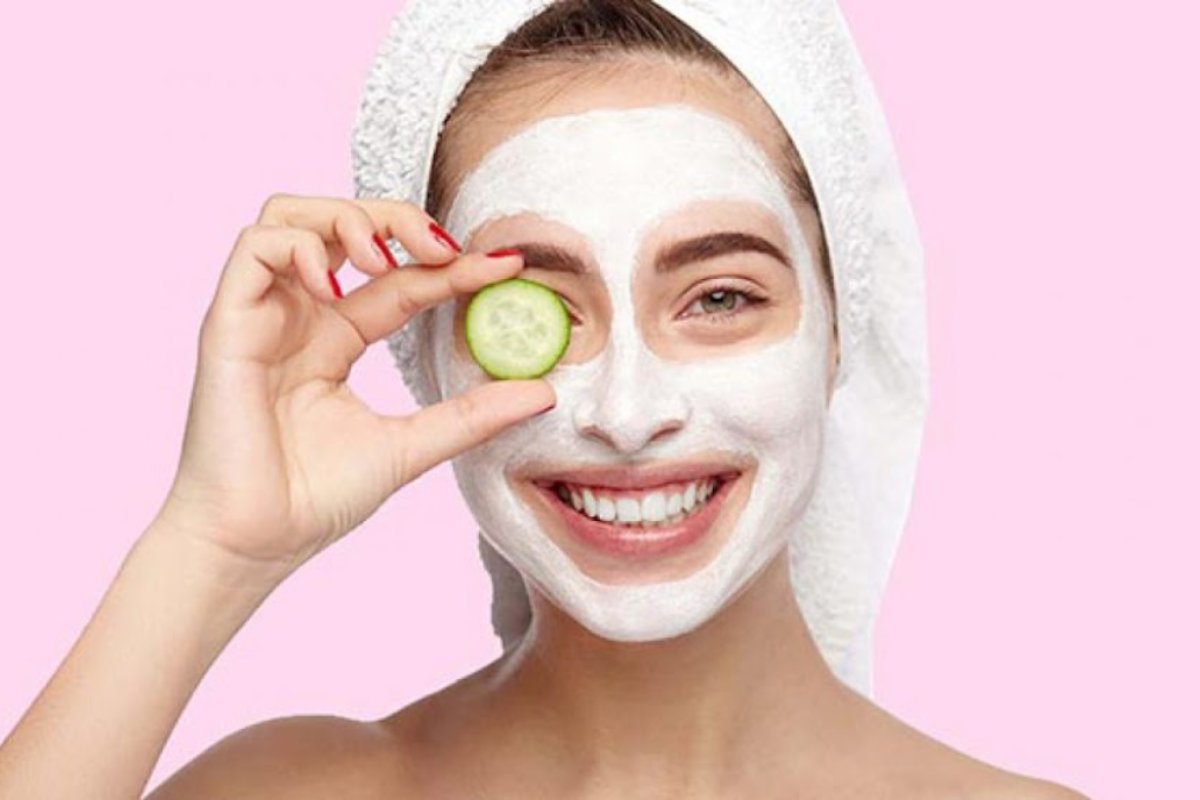
While acne removal creams can be highly effective, many people prefer natural remedies for a gentler approach. Here’s a look at some popular DIY alternatives and how they compare to commercial acne treatments.
1. Aloe Vera
- Effectiveness: Aloe vera is known for its soothing properties, making it ideal for calming inflammation and redness caused by acne. It also has antimicrobial benefits that help prevent further breakouts.
- How to Use: Apply fresh aloe vera gel directly to affected areas and leave it on for 15–20 minutes before rinsing off.
- Pros: Natural, gentle, and hydrating for sensitive skin.
- Cons: Works best for mild to moderate acne; may not treat severe breakouts.
2. Turmeric
- Effectiveness: Turmeric has powerful anti-inflammatory and antibacterial properties. It can reduce swelling and redness and help in fading acne scars over time.
- How to Use: Mix turmeric powder with honey or yogurt to create a paste, then apply to acne spots for 10–15 minutes before washing off.
- Pros: Reduces inflammation and has healing properties.
- Cons: Can stain the skin temporarily and may require consistent use for visible results.
3. Honey
- Effectiveness: Honey is naturally antibacterial and helps keep the skin moisturized while fighting acne-causing bacteria. It’s great for soothing irritated skin.
- How to Use: Apply a thin layer of raw honey to affected areas and leave it on for about 20 minutes before washing it off.
- Pros: Moisturizes, soothes, and fights bacteria.
- Cons: May not be effective for cystic acne or deep-rooted breakouts.
Creams vs. Natural Solutions
Acne removal creams often contain concentrated active ingredients like benzoyl peroxide or salicylic acid, which target the root causes of acne, such as bacteria and clogged pores. These products provide quicker results and are especially effective for moderate to severe acne. However, they can sometimes be harsh on sensitive skin.
Natural solutions, on the other hand, are gentler and suitable for sensitive skin types. They may not deliver results as quickly or be as potent as commercial creams, but they offer a more holistic approach with fewer side effects.
Ultimately, the choice between creams and natural remedies depends on your skin type, the severity of your acne, and personal preference. For faster, targeted treatment, acne creams may be the better option, while natural solutions work best for mild cases or sensitive skin.
FAQs About Acne Removal Creams
1. How long does it take to see results?
The time it takes to see visible results from acne removal creams can vary depending on the product and the severity of your acne. Typically, you may start seeing improvements within 1–2 weeks of consistent use. However, it can take 4–6 weeks for more significant changes, especially for deeper or cystic acne. Patience and consistency are key!
2. Are there side effects to watch out for?
While acne creams can be highly effective, they can sometimes cause side effects, especially when used improperly. Common side effects include:
- Dryness and peeling (especially with creams containing benzoyl peroxide or salicylic acid)
- Redness or irritation, particularly for sensitive skin
- Increased sun sensitivity, so it’s important to apply sunscreen during the day.
To minimize side effects, start with a lower concentration or apply the cream every other day to let your skin adjust. Always do a patch test before applying to your entire face.
3. Can acne removal creams prevent future breakouts?
Yes! Acne removal creams can help prevent future breakouts by keeping your pores clear, reducing inflammation, and fighting acne-causing bacteria. Regular use can help maintain clear skin. However, it’s important to continue using acne treatment even after your acne clears up to prevent reoccurrence, especially if you’re prone to acne. Combining acne creams with a consistent skincare routine, healthy diet, and lifestyle habits will maximize their preventive effects.
Conclusion
Acne removal creams can be a game-changer in achieving clearer, healthier skin. These creams offer a range of benefits, from targeting acne-causing bacteria to reducing inflammation and preventing future breakouts. With the right ingredients, such as benzoyl peroxide, salicylic acid, or natural oils like tea tree oil, acne creams can help you manage and treat acne effectively.
However, it’s crucial to choose a product that suits your skin type. Whether you have oily, dry, sensitive, or combination skin, selecting a cream that caters to your skin’s needs will ensure the best results without irritation.
Remember, consistency and patience are key in acne treatment. Results may take time, and sticking to your routine is essential for long-term success. With the right acne removal cream, regular skincare habits, and a little patience, you can achieve smoother, blemish-free skin and regain your confidence.
Related Articles: Clearer Skin Awaits: Best Acne Creams for Oily Skin
Recent Post
Clearer Skin Awaits: Best Acne Creams for
- December 16, 2024
- 8 min read
Acne Removal Creams: The Best Solutions for
- December 16, 2024
- 11 min read
Jawar | A Wonder Grain for Health
- December 1, 2024
- 7 min read

